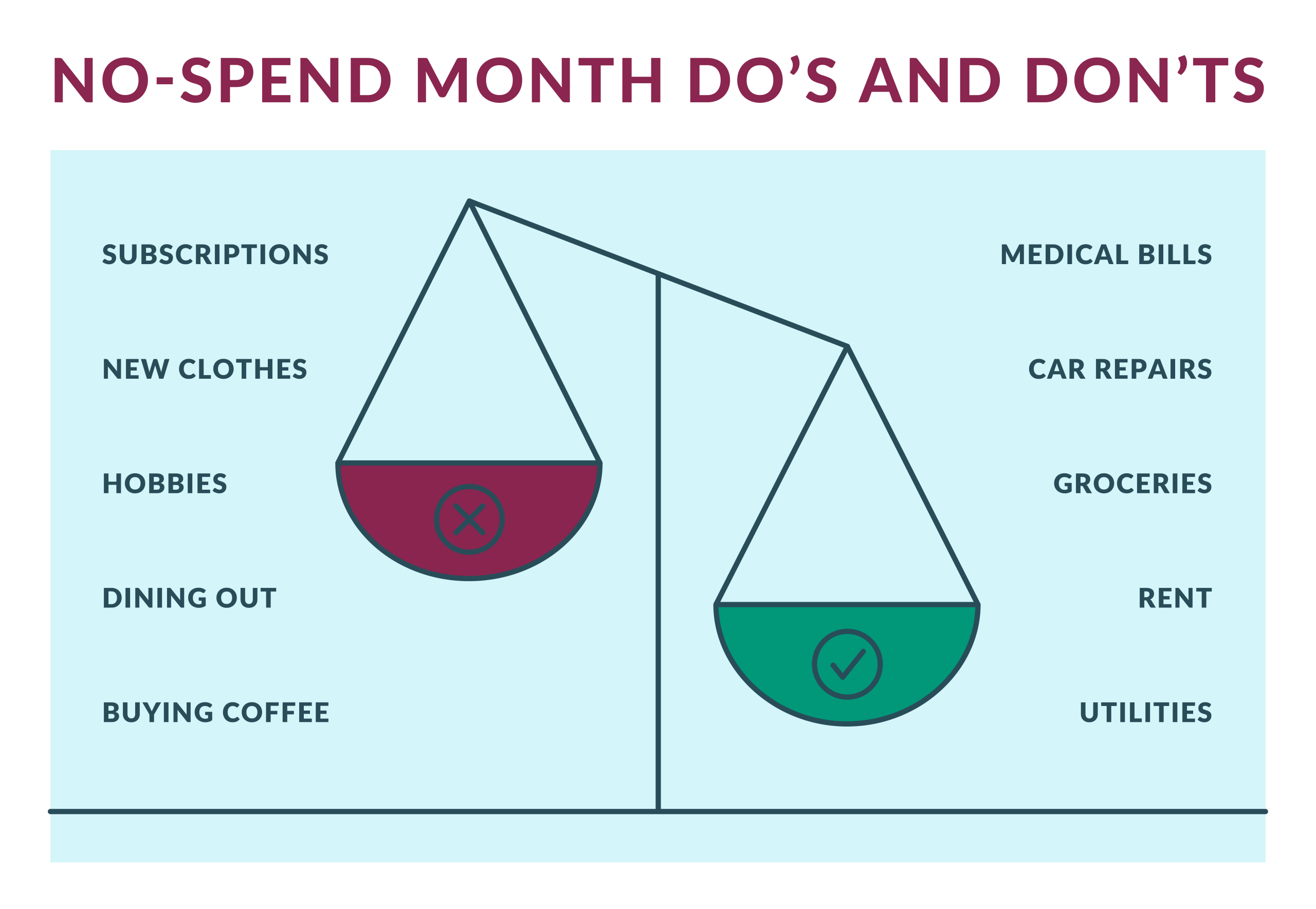Anúncios
Access to credit has become increasingly common among consumers, and among the loan options available on the market, installment loans are one of the most sought-after alternatives.
But do you know what installment loans are and how they work? In this article, we’ll explain in detail, present the main types, their pros and cons, and whether it’s really worth applying for one.
If you’re thinking about getting an installment loan, keep reading to understand if this is the best solution for your situation.
What Are Installment Loans?
Installment loans are a type of credit in which the borrowed amount is repaid in fixed installments over a predetermined period.
This type of loan can be used for various purposes, such as financing the purchase of durable goods, covering personal expenses, or even investing in education.
The main attraction of this option is the ability to plan payments in installments, allowing consumers to organize their budgets according to their capabilities.
How Do They Work?
When you apply for an installment loan, the total amount you need is loaned to you by the financial institution.
The requested amount, which can vary depending on your needs and credit profile, is then divided into monthly payments that you’ll pay over a set period.
Thus, the value of the installments typically includes the principal (the borrowed amount) plus the interest charged by the financial institution.
In many cases, interest rates may be fixed, meaning you’ll pay the same amount of interest throughout the loan term.
However, some options may have variable interest rates, which can cause your monthly payments to change over time.
Installments must be paid monthly, and if you miss a payment, additional interest may be charged, and your credit score could be negatively affected.
Can Installment Loans Hurt My Credit Score?
Yes, installment loans can significantly affect your credit score, both positively and negatively. If you make your payments on time, your score may improve, as this shows financial responsibility.
However, if you delay or miss payments, your credit score may drop, making it harder to obtain credit in the future.
Additionally, it’s important to remember that the total loan amount also impacts your credit utilization, which is a factor in evaluating your credit profile.
For example, if you already have high outstanding balances on other loans and apply for a new installment loan, it may signal risk to lenders and negatively impact your score.
Is It Advisable to Get an Installment Loan?
The decision to apply for an installment loan largely depends on your current financial situation and goals.
If you need immediate cash but can manage the payments within the stipulated term, an installment loan can be a good option.
However, if you’re facing financial difficulties or already have multiple debts, applying for an installment loan can be risky and may worsen your debt situation.
Therefore, before applying for an installment loan, it’s essential to evaluate your ability to repay, the interest rates, and the terms offered.
If you believe you can handle the payments without compromising your budget, this may be a good alternative for solving immediate financial needs.
Main Types of Installment Loans
There are various types of installment loans, each with its specific features, purposes, and requirements.
Below, we’ll explore the main types of installment loans available on the market.
Personal Loans
Personal loans are one of the most common forms of installment loans.
They are offered by banks, credit unions, and other financial institutions, and can be used for a variety of purposes, such as debt repayment, purchases, or even emergencies.
Interest rates may vary depending on your credit profile, and repayment terms can range from a few months to several years.
Mortgages
A mortgage is an installment loan generally used to finance the purchase of a home. In this type of loan, the purchased property is used as collateral.
Mortgages usually have long terms (15 to 30 years) and lower interest rates compared to other credit types.
However, it’s important to keep in mind that if the borrower cannot meet the payments, the property may be repossessed by the financial institution.
Auto Loans
Auto loans are installment loans used to purchase a new or used car.
As with mortgages, the acquired asset (in this case, the car) serves as collateral for the loan.
These loans typically have shorter terms, ranging from 3 to 7 years, and their interest rates may be influenced by the borrower’s credit profile.
Student Loans
Student loans are a type of installment loan aimed at students who need resources to pay for college or technical courses.
Student loan interest rates may be lower, and repayment usually begins after graduation.
This makes these loans an excellent option for those who want to invest in education but don’t have the immediate financial resources to do so.
Buy Now, Pay Later Loans
“Buy now, pay later” is a type of installment loan that has become increasingly popular, especially in online shopping.
The consumer makes the purchase and can split the payment into several installments with no interest (or with low interest).
This type of loan can be advantageous if you are sure you can pay the installments within the agreed period. However, late payments may result in additional fees.
Is It Worth Applying for This Type of Loan?
Applying for an installment loan can be a good option, but it should be done with caution.
The first step is to assess whether you really need the loan or if it’s possible to postpone the purchase or payment to avoid compromising your budget.
In addition, it’s essential to analyze interest rates and payment conditions to ensure the installments won’t become a financial burden.
Pros
- Ease of payment: installment loans offer the advantage of breaking a large amount into monthly payments, making it more manageable.
- Predictability: since the installments are fixed, the consumer knows exactly how much they will pay each month, which facilitates financial planning.
- Accessibility: installment loans are often offered by various financial institutions, increasing the chances of approval.
Cons
- High interest rates: depending on the borrower’s credit profile, interest rates may be high, which can result in a significantly higher payment than the original loan amount.
- Risk of indebtedness: if the installments are not paid on time, the borrower may fall into a debt cycle, further compromising their finances.
- Potential impact on credit score: failure to pay or late payments can negatively affect the credit score.
Installment loans can be an excellent solution for those who need money quickly and with a plan.
However, it is crucial to carefully analyze your finances before choosing this alternative.
Evaluate your ability to pay and the interest rates to ensure that the loan won’t bring more financial problems than benefits. Pay attention to all conditions and use installment loans responsibly.
If you’re considering applying for an installment loan, keep browsing our website for more information and useful tips on how to manage your personal finances wisely.
Want a suggestion? Also read our content explaining the main Personal Loan Mistakes!






